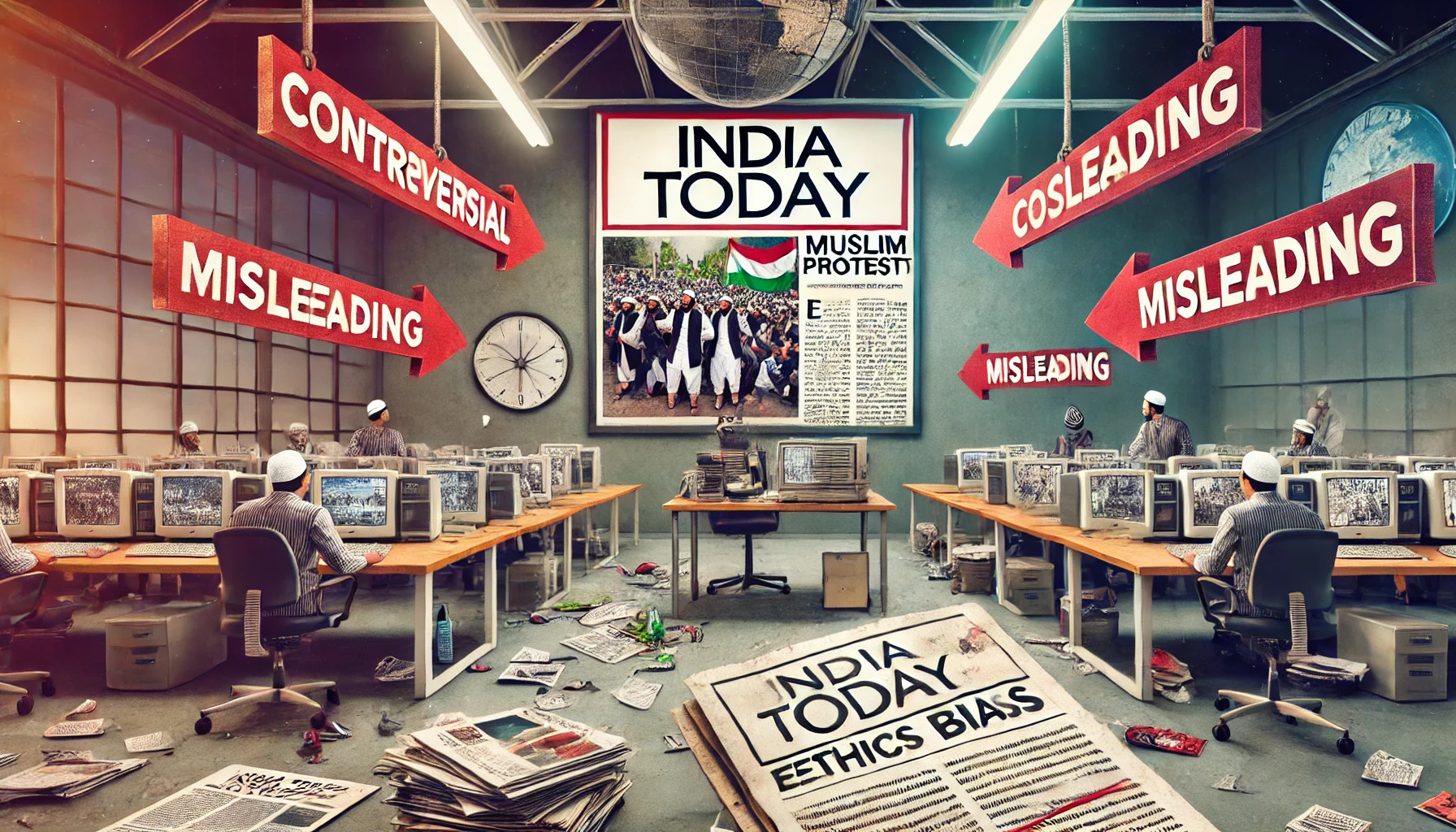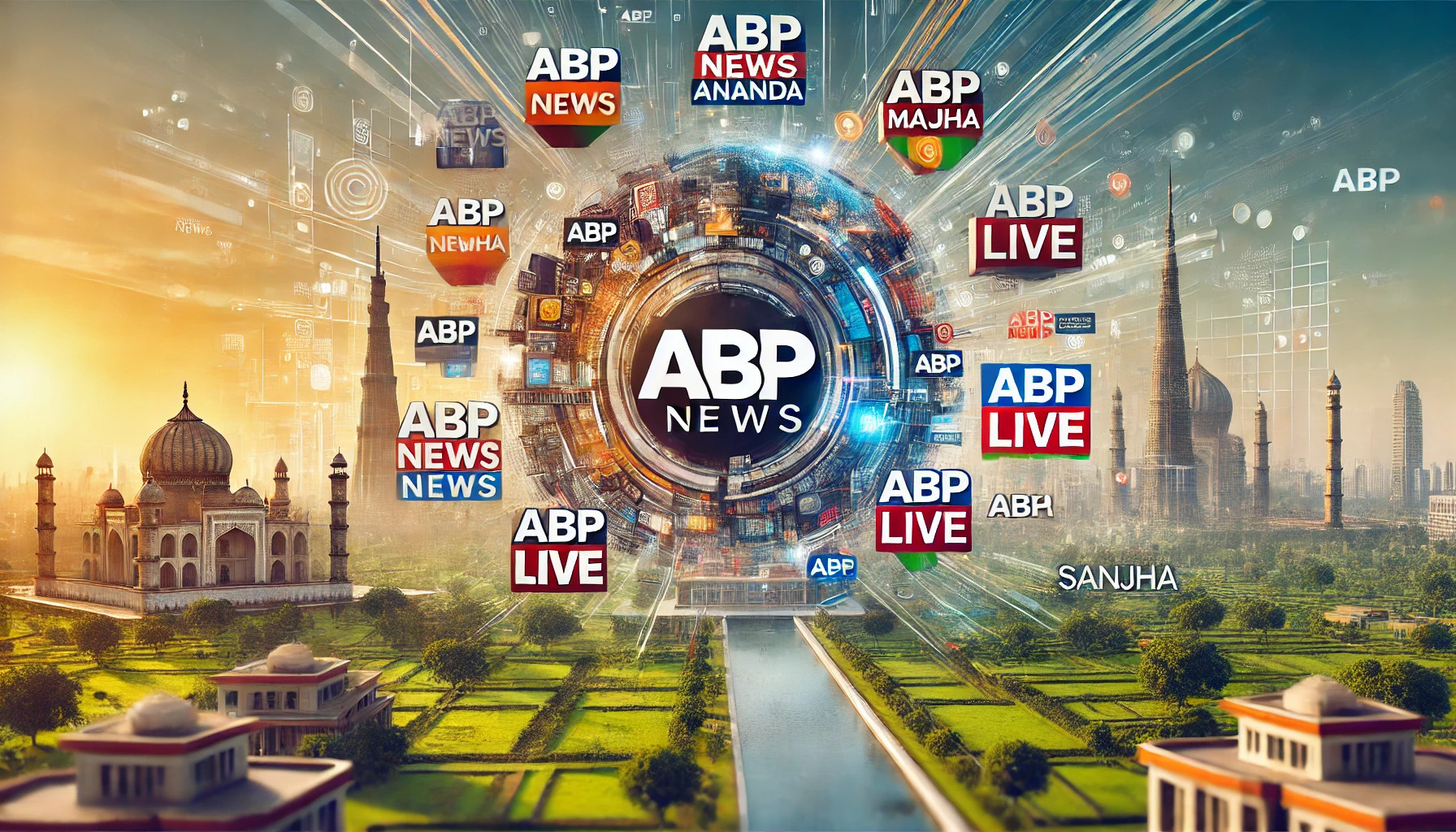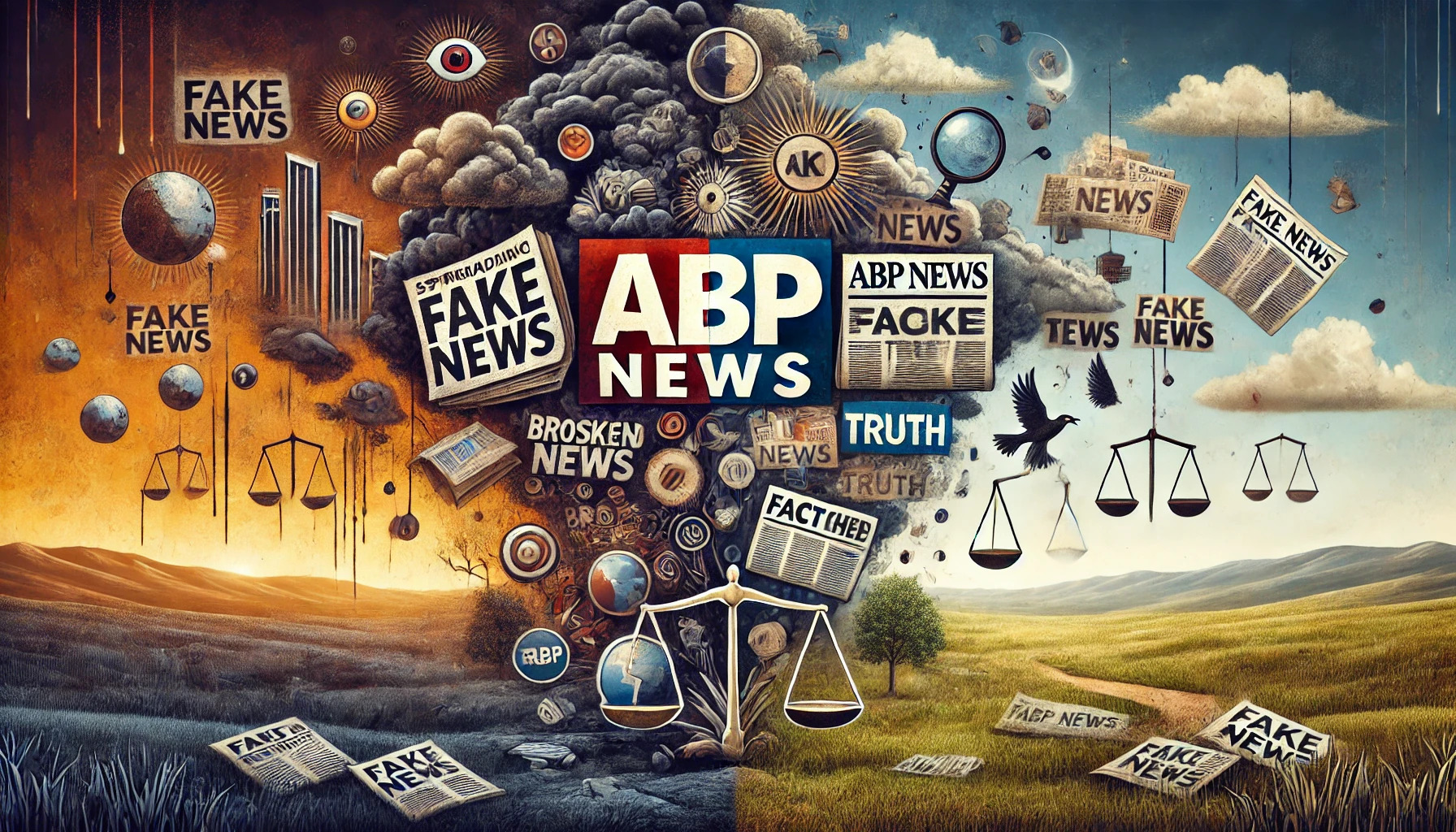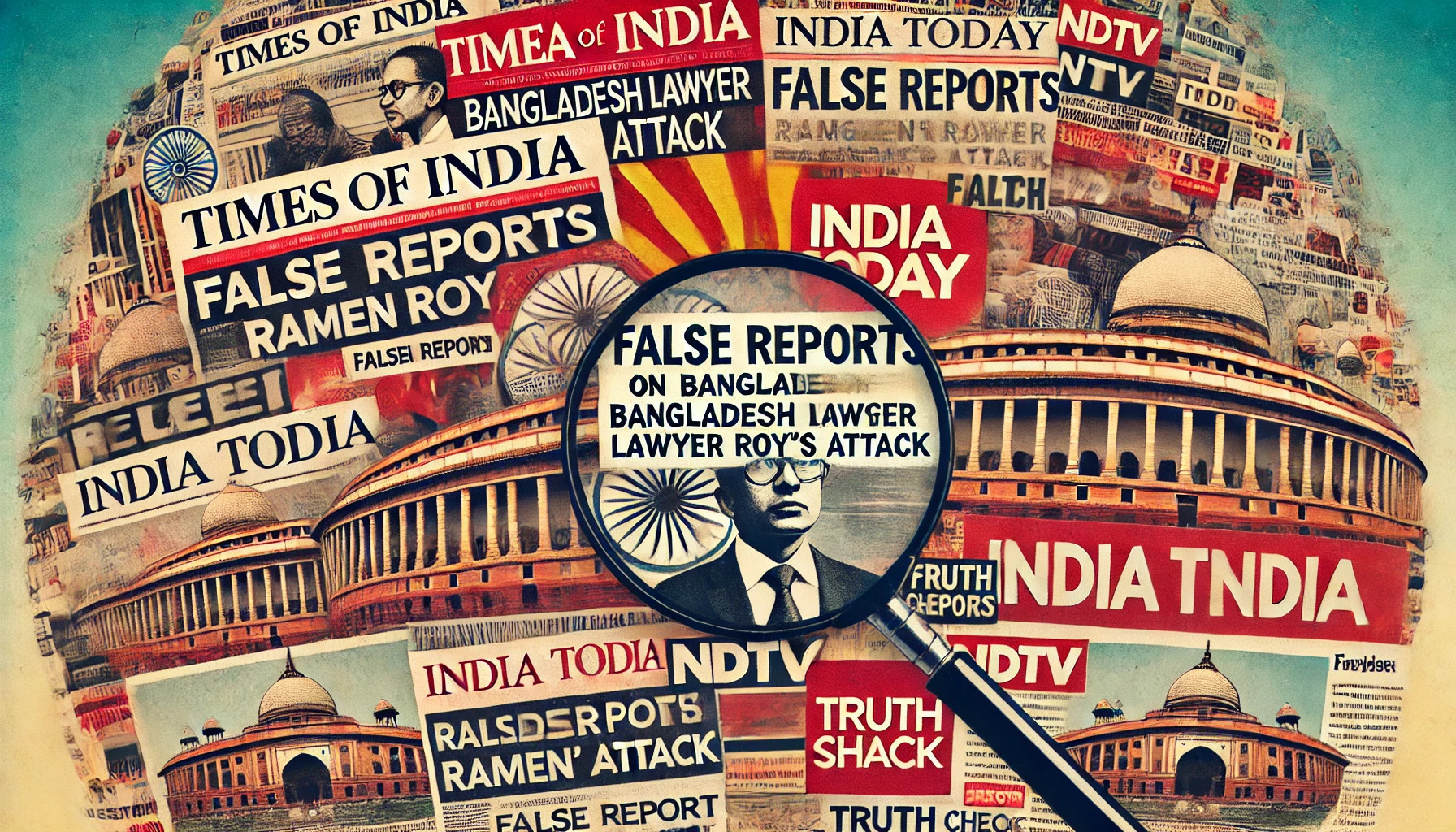Dhaka/New Delhi, November 17, 2024 – The arrival of the MV Yuan Jian Fa Zhong at Chittagong port from Karachi, Pakistan, on November 11 marked a milestone in bilateral trade between the two South Asian neighbors. This is the first direct maritime trade route between Pakistan and Bangladesh, bypassing third-party countries. However, the event has been clouded by a misinformation campaign from sections of Indian media, alleging that the shipment contained weapons—a claim debunked by Bangladeshi authorities.
Historic Trade and Cargo Details
The cargo ship, which sailed from Dubai via Karachi, unloaded 370 containers at Chittagong port. Of these, 297 containers originated in Karachi, while 73 came from the UAE. The goods included:
- Industrial Raw Materials:
- Sodium carbonate (soda ash) for the textile industry (115 containers).
- Dolomite (46 containers), limestone (35 containers), and magnesium carbonate (6 containers).
- Broken glass for the glass industry (10 containers).
- Agricultural Produce:
- Onions (42 containers, 611 metric tons).
- Potatoes (14 containers, 203 tons).
- Garment Materials: 28 containers of inputs for Bangladesh’s ready-made garment sector.
- Other Goods: Dates, gypsum, scrap metal, marble blocks, copper wire, resin, and alcoholic beverages imported for a diplomatic warehouse in Dhaka.
Customs officials confirmed that all goods were inspected and cleared as per standard protocols, dismissing claims of any illicit items.
Misinformation Campaign in Indian Media
Indian outlets like Republic Network and it’s sister concern Republic Bangla amplified unsubstantiated allegations that the shipment contained arms destined for Bangladesh.
- Republic Bangla: Claimed the ship was part of a Pakistan-Bangladesh conspiracy involving arms trade.
- Times of India: Speculated on potential security risks without offering evidence.
- India Today and Hindustan Times: Echoed the allegations but later downplayed the claims after official clarifications from Bangladeshi authorities.
These narratives are part of a broader pattern of Indian media’s sensationalist reporting, particularly in matters involving Pakistan and Bangladesh. Analysts have pointed out that such stories are designed to reinforce domestic political narratives while undermining regional cooperation.
Geopolitical Undertones: India’s Unease with New Bangladesh Dynamics
The misinformation campaign coincides with political upheaval in Bangladesh. On August 5, 2024, Sheikh Hasina, the long-standing leader of Bangladesh and a trusted ally of India, was ousted following widespread protests. For over 15 years, Hasina’s Awami League government enjoyed India’s unequivocal support, despite allegations of autocratic governance and electoral manipulation in the 10th (2014), 11th (2018), and 12th (2024) parliamentary elections.
India played a crucial role in legitimizing Hasina’s disputed elections, particularly in 2014, when opposition parties boycotted the polls. Critics argue that Indian influence extended to facilitating Hasina’s hold on power, portraying her government as a democratic ally despite widespread international criticism.
Hindu Nationalism and Anti-Pakistan Rhetoric
Indian media’s response to the Karachi-Chittagong trade route reflects the BJP-led government’s broader political agenda, characterized by Hindu nationalism and anti-Pakistan sentiment. This ideological stance has often translated into sensationalized media coverage of Pakistan-related developments, casting them as threats to India’s security and regional interests.
The false arms shipment narrative also fits into India’s larger strategy of portraying Pakistan and its allies as adversaries. This rhetoric has been exacerbated by India’s discomfort with Bangladesh exploring closer ties with Pakistan and other regional powers.
Bangladesh’s Interim Government Pushes Back
Bangladesh’s interim government, overseeing the transition after Hasina’s departure, has expressed frustration over Indian media’s repeated interference in its domestic affairs. A senior official remarked, “This is a clear attempt to politicize a routine trade development. Such false narratives harm regional trust.”
Local media in Bangladesh has urged Indian outlets to exercise restraint and prioritize factual reporting, warning that unfounded claims risk destabilizing regional relations.
Economic Potential Overshadowed by Propaganda
The direct Karachi-Chittagong route is a breakthrough for traders in both countries, reducing logistical costs and boosting bilateral commerce. By eliminating intermediate stops in countries like Sri Lanka, Malaysia, and Singapore, the route enhances efficiency and economic collaboration.
However, the focus on baseless allegations by Indian media diverts attention from the economic opportunities this new trade route offers.
Misinformation Undermines Regional Cooperation
The Karachi-Chittagong trade milestone symbolizes a step towards greater regional integration, but the propaganda surrounding it highlights the challenges of navigating misinformation and geopolitical rivalries.
As Bangladesh moves forward in its political transition, fostering transparent communication and resisting divisive narratives will be crucial for ensuring peace and cooperation in South Asia. The international community and responsible media must prioritize accuracy and accountability to support these efforts.







Leave a Reply